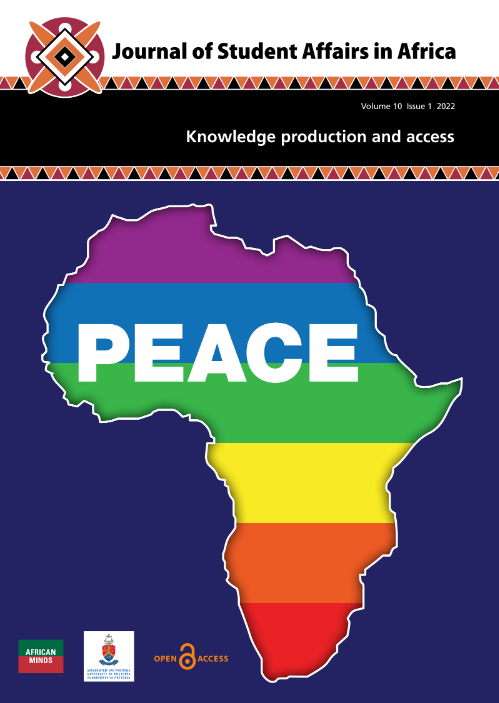Understanding the Experiences of Mauritian Students at Institutions of Higher Education Overseas
DOI:
https://doi.org/10.24085/jsaa.v10i1.3548Abstract
Each year, a significant number of students from the Indian Ocean island of Mauritius seek higher education opportunities abroad. Yet, limited research exists on these students’ expectations, preferences, and experiences in their academic and non-academic university settings overseas. This quantitative study investigates the experiences of Mauritian degree-seeking students at universities in Australia and the United Kingdom, which have been two of their most preferred destination countries for Mauritian international students over the years. It specifically examines associations between overall university satisfaction and various aspects of the student experience in the arrival, learning, living, and support services environment. Analyses from this research reveal that a number of satisfaction variables were important to students, namely the opportunity to make friends on campus, the availability of social activities and facilities, internet access and IT support, and chaplaincy or multi-faith provision. Implications for international educators, university administrators, and guidance counselors are discussed.
Downloads
Published
Issue
Section
License
Copyright (c) 2021 Ravichandran AMMIGAN

This work is licensed under a Creative Commons Attribution-NonCommercial-ShareAlike 4.0 International License.
Authors who publish with this journal agree to the following terms:
Authors retain copyright and grant the journal right of first publication with the work simultaneously licensed under the Creative Commons Attribution Share-alike 4.0 International License that allows others to share the work with an acknowledgement of the work's authorship and initial publication in this journal.
Authors are able to enter into separate, additional contractual arrangements for the non-exclusive distribution of the journal's published version of the work (e.g., post it to an institutional repository or publish it in a book), with an acknowledgement of its initial publication in this journal.
Authors are permitted and encouraged to post their work online (e.g., in institutional repositories or on their website) prior to and during the submission process, as it can lead to productive exchanges, as well as earlier and greater citation of published work (See: The Effect of Open Access).


